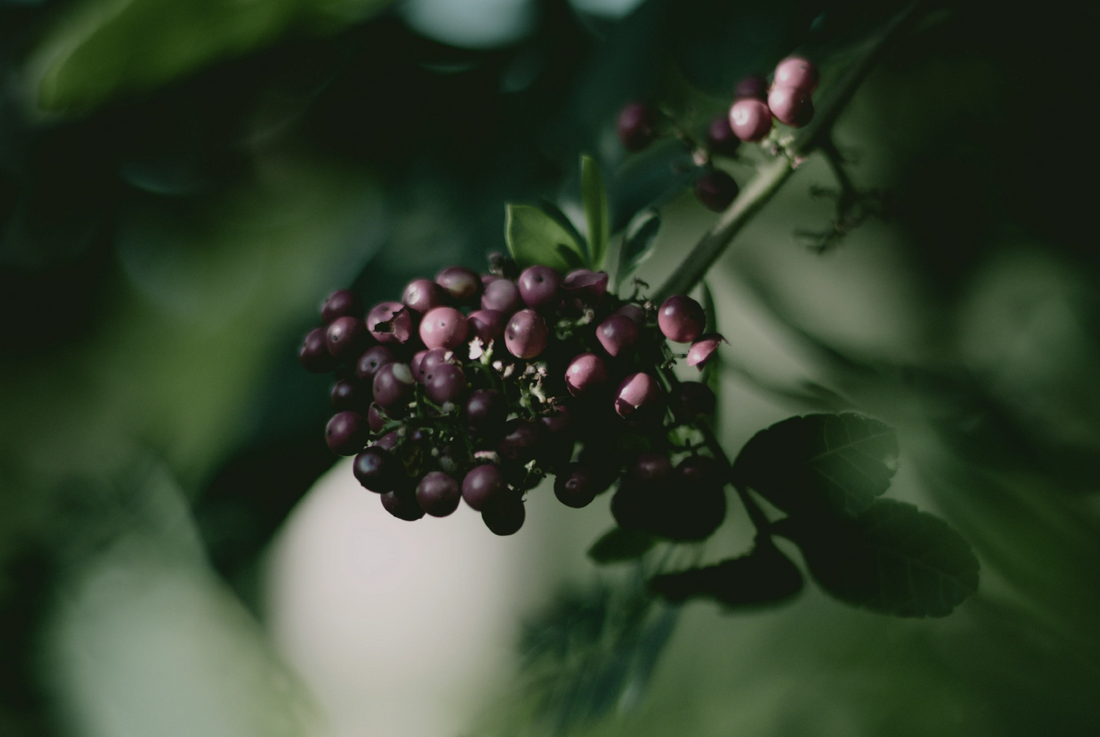
Powerful plants for immune support
Share
Herbs, with their potent bioactive compounds, have been used for centuries to build the body's defences against winter ills and chills. Among the vast array of medicinal plants available, a few stand out for their noteworthy ability to support immune health and function.
We look at the noteworthy properties of some winter standouts to help you get thinking about what powerful plants you might consider adding to your health toolkit this winter.
Echinacea: The immune go-to
Echinacea, a native North American plant, is renowned for its immune-supporting properties. Rich in phenolic compounds, polysaccharides and alkamides, Echinacea is believed to work by stimulating the activity of white blood cells, enhancing the body's natural defence mechanisms[1]. Echinacea has a long history of traditional use in Western herbal medicine (WHM) to reduce symptoms of common colds and flu as well as relieving symptoms of mild upper respiratory tract infections. Echinacea is best taken at the onset of symptoms. Herb of Gold Elderberry Echinacea & Olive Leaf.
Andrographis: The winter staple
Andrographis, often called the "king of bitters”, is a well-recognised herb used in both Ayurvedic and Traditional Chinese Medicine. Its key compounds, andrographolides, are known to have a broad range of pharmacological activity[2]. Andrographis is particularly useful during the cold and flu season, relieving the severity and symptoms of common colds and flu. Andrographis is best taken during acute illness for its strong immune-supportive effects. Herb of Gold Cold & Flu Strike.
Astragalus: The ancient adaptogen
Astragalus root, a staple in traditional Chinese medicine (TCM), is recognised for its adaptogenic properties, helping the body resist various stressors. It contains saponins, flavonoids, and polysaccharides that work synergistically to support immune function. Astragalus exerts multiple pharmacological effects, acting on both white blood cells and improving the conduction of immune signals in the body[3]. Astragalus is suitable for long-term immune support. Herb of Gold Astra Recharge.
Elderberry: Flavour-packed immune support
Elderberry, derived from the Sambucus tree, is a favourite for its immune-supporting properties. Rich in antioxidants, vitamins, and flavonoids, Elderberry has been traditionally used in WHM to relieve symptoms of the common cold including mild upper respiratory tract congestion. Elderberry is best used at the first sign of a cold. Herb of Gold Elderberry Echinacea & Olive Leaf.
Suitable immune herbs for children
Children's immune systems are still developing, making them more susceptible to infections. While many herbs can benefit adults, it's crucial to choose those that are suitable and gentle for use in children. Some kid-friendly herbs for immune support include Echinacea, Elderberry, Olive leaf and Chamomile. Be sure to always follow recommended doses for a child’s age and if you have any questions, always consult a health professional.
[1] Manayi, A., Vazirian, M., & Saeidnia, S. (2015). Echinacea purpurea: Pharmacology, phytochemistry and analysis methods. Pharmacognosy Reviews, 9(17), 63–72.
[2] Cai, Q., Zhang, W., Sun, Y., Xu, L., Wang, M., Wang, X., Wang, S., & Ni, Z. (2022). Study on the mechanism of andrographolide activation. Frontiers in Neuroscience, 16, 977376.
[3] Zheng, Y., Ren, W., Zhang, L., Zhang, Y., Liu, D., & Liu, Y. (2020). A Review of the Pharmacological Action of Astragalus Polysaccharide. Frontiers in Pharmacology, 11, 349.
Always read the label and follow the directions for use.
